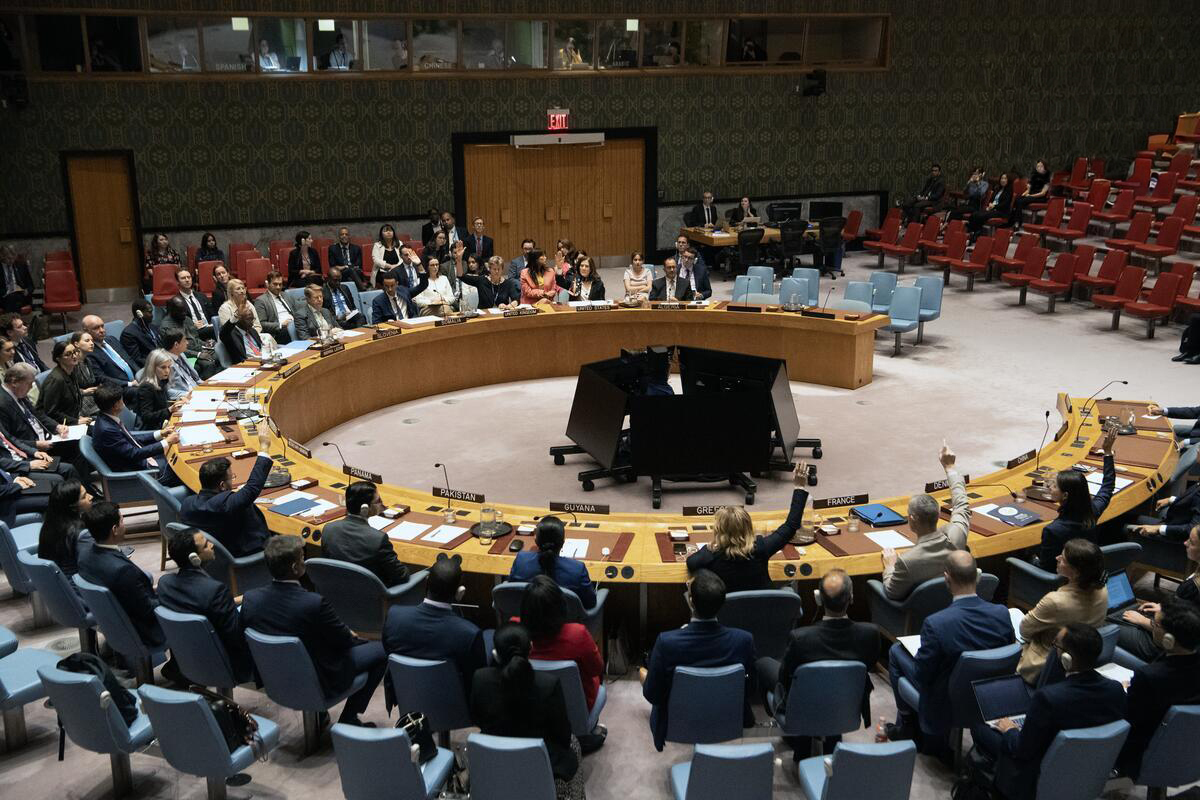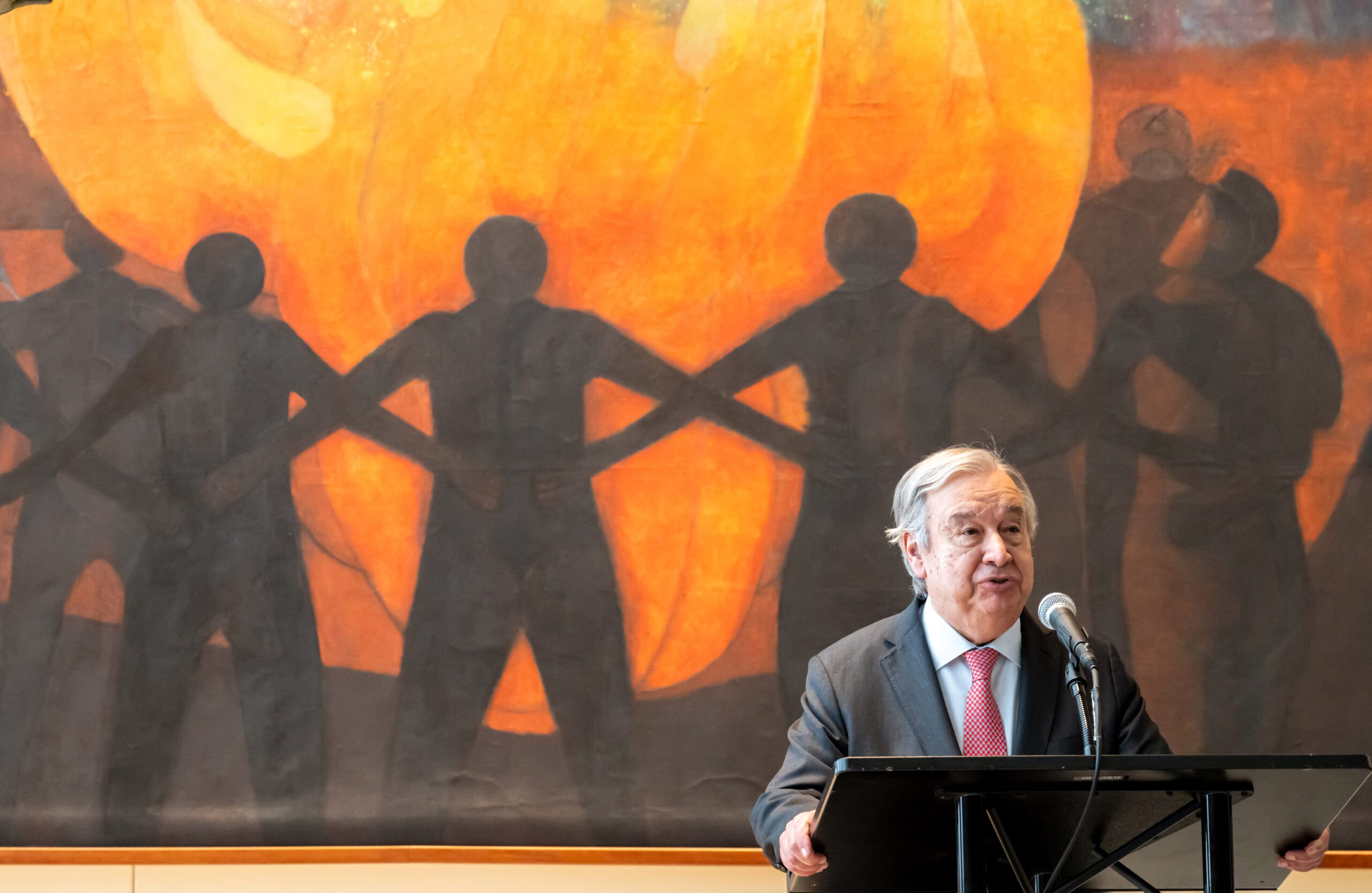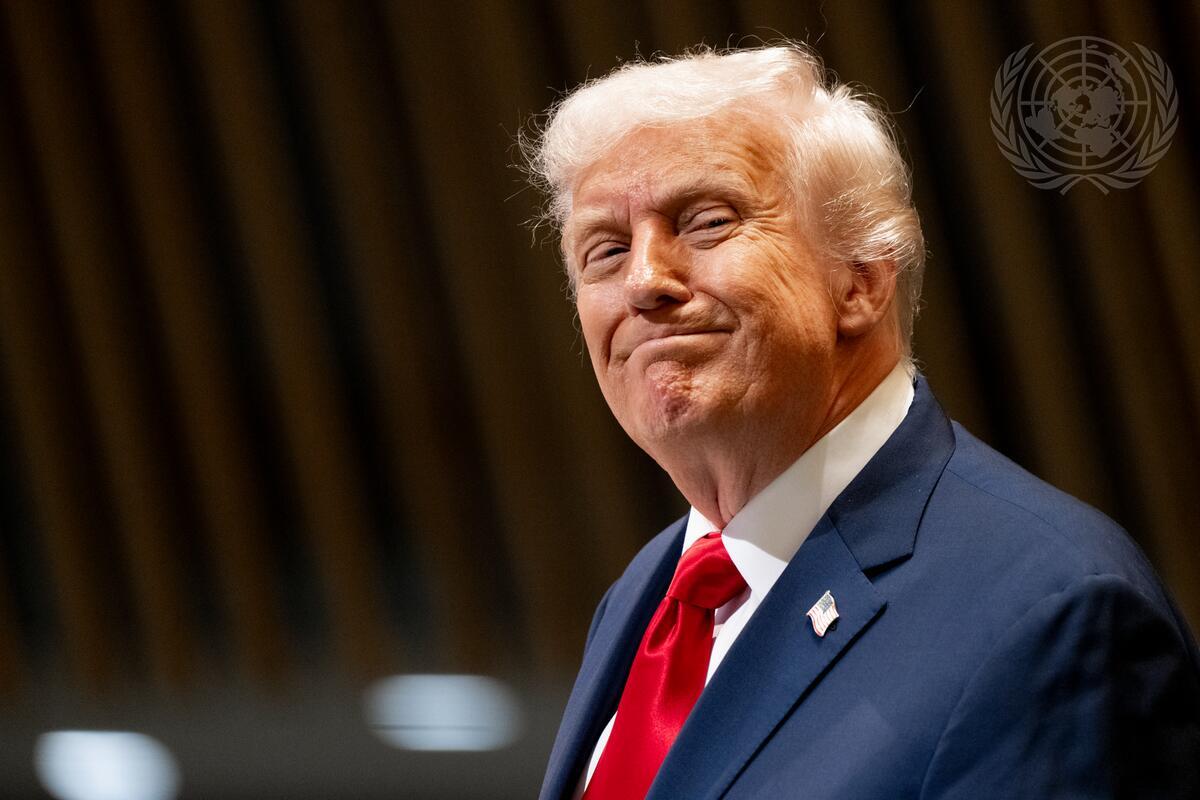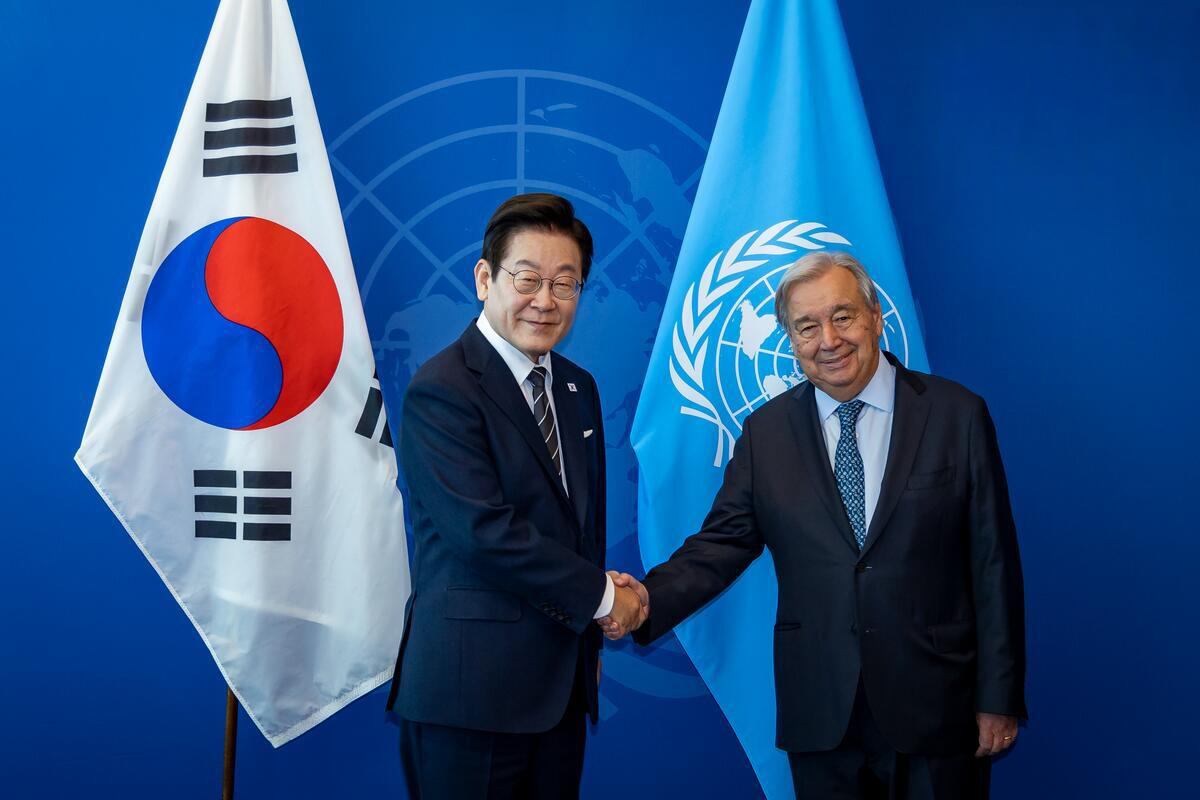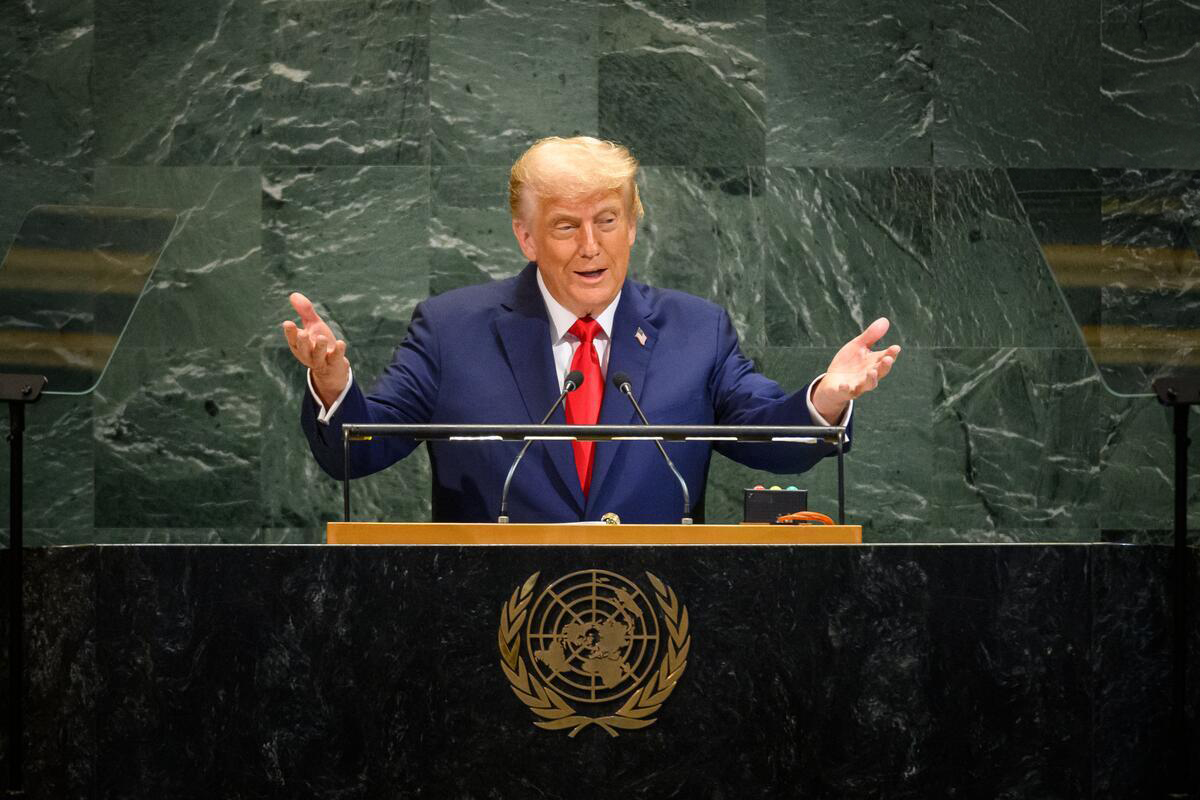The foreign ministers of Brazil, Germany, India, and Japan – the so-called G4 nations – renewed their demand for urgent reform of the United Nations Security Council (UNSC), calling for an expansion in both permanent and non-permanent membership to reflect “contemporary geopolitical realities.”
Meeting on the sidelines of the UN General Assembly’s 80th session, Foreign Minister Mauro Vieira of Brazil, Federal Foreign Minister Johann Wadephul of Germany, External Affairs Minister Subrahmanyam Jaishankar of India, and Foreign Minister Iwaya Takeshi of Japan issued a joint statement stressing that the Council, the UN’s most powerful body, has become increasingly incapable of fulfilling its mandate.
“With instability growing in the international order, reform of the Security Council is essential to enhance its representativeness, legitimacy, effectiveness, and efficiency,” the ministers said.
The G4 reiterated their support for expanding permanent membership to include developing nations, particularly from Africa, Asia-Pacific, and Latin America and the Caribbean. They reaffirmed backing for the Common African Position, enshrined in the Ezulwini Consensus and Sirte Declaration, which demands two permanent and two additional non-permanent seats for Africa.
In a signal of their own ambitions, the G4 pledged mutual support for each other’s bids to become permanent members. “As democracies committed to multilateralism and the rule of law, we stand ready to shoulder the Security Council’s primary responsibility of maintaining international peace and security,” they declared.
The ministers voiced frustration over the lack of progress in the Intergovernmental Negotiations (IGN), the UN’s long-running reform forum, criticizing its failure to deliver concrete results. They argued that consensus should not be treated as a prerequisite for decisions and suggested that talks on reform need not be confined to the IGN alone.
Looking ahead, the G4 promised to work actively during the UN’s 80th session, building partnerships with other member states and groups to develop a “consolidated model” that could form the basis of text-based negotiations – a step they have long sought.
“Comprehensive reform of the Security Council is in the best interest of all,” the ministers concluded, urging the wider UN membership to engage “wholeheartedly” in advancing change as the organization marks its 80th anniversary.

